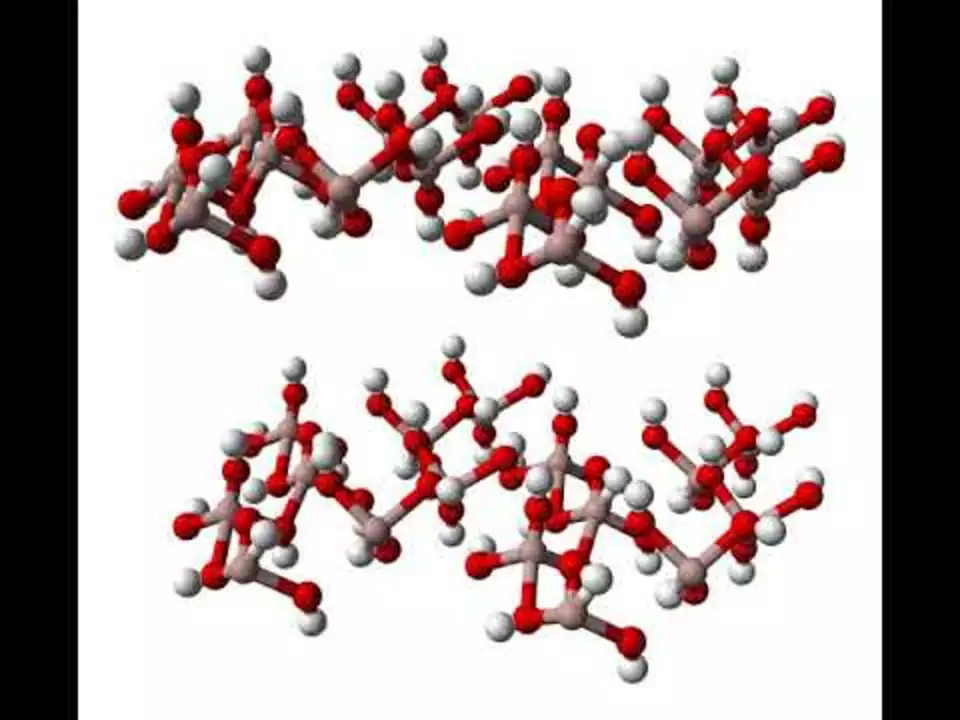Aluminium Hydroxide: A Multifaceted Compound in Medicine
When it comes to medicine, we often think of familiar ingredients like aspirin, ibuprofen, or antibiotics. However, there's a lesser-known compound that's found in various medical applications - aluminium hydroxide. In this article, we'll explore some of the surprising ways in which aluminium hydroxide is used in the medical field.
Antacid Relief for Heartburn and Indigestion
One of the most common uses of aluminium hydroxide in medicine is as an antacid. Antacids are medications that help neutralize excess stomach acid, providing relief from heartburn and indigestion. Aluminium hydroxide works by reacting with the stomach acid to form aluminum chloride, water, and carbon dioxide. This reaction helps to reduce the acidity in your stomach, which can alleviate symptoms like burning sensations, bloating, and general discomfort.
Many over-the-counter antacid products contain aluminium hydroxide as an active ingredient, often in combination with other compounds like magnesium hydroxide or calcium carbonate. These products can be found in various forms, such as chewable tablets, liquid suspensions, and effervescent powders.
Phosphate Binders for Kidney Disease Patients
For individuals with kidney disease, maintaining proper levels of minerals like phosphorus is crucial. When the kidneys are not functioning at their best, they may struggle to remove excess phosphorus from the body, leading to hyperphosphatemia (elevated blood phosphorus levels). High phosphorus levels can cause serious health issues, such as weak bones, joint pain, and even heart problems.
Aluminium hydroxide can help manage hyperphosphatemia by acting as a phosphate binder. When taken orally, it binds to phosphorus in the gastrointestinal tract, preventing its absorption into the bloodstream. This allows the excess phosphorus to be excreted from the body, helping to maintain healthier levels. Aluminium hydroxide phosphate binders are often prescribed to patients with chronic kidney disease to help manage their mineral balance.
Vaccine Adjuvants to Boost Immune Response
Did you know that aluminium hydroxide also plays a vital role in the development of some vaccines? In this context, it functions as an adjuvant - a substance that enhances the body's immune response to a vaccine.
Adjuvants like aluminium hydroxide are added to vaccines to help stimulate a stronger and longer-lasting immune response. This can be particularly beneficial for vaccines targeting diseases that may not elicit a strong immune response on their own. By including aluminium hydroxide in the vaccine formulation, researchers can help ensure that the vaccine provides better protection against the targeted disease.
Topical Treatments for Skin Conditions
Aluminium hydroxide is also found in some topical treatments for skin conditions, such as diaper rash, eczema, and minor burns. In these applications, it can provide soothing relief and promote healing by creating a protective barrier on the skin.
When applied to the skin, aluminium hydroxide forms a thin, occlusive layer that helps lock in moisture and protect the skin from irritants. This can be especially helpful for individuals with sensitive skin or conditions that cause dryness and inflammation. Additionally, the alkaline nature of aluminium hydroxide can help neutralize acidic substances that may contribute to skin irritation, further promoting a comfortable and healthy skin environment.
The Importance of Safe Use and Monitoring
While aluminium hydroxide is a versatile and valuable compound in medicine, it's essential to use it safely and under the guidance of a healthcare professional. In some cases, excessive use or prolonged exposure to aluminium hydroxide-containing products can lead to side effects, such as constipation or even aluminium toxicity.
Always follow the instructions provided by your healthcare professional or the product label when using aluminium hydroxide-containing medications or treatments. And, as with any medication, be sure to inform your healthcare provider of any other medications or supplements you're taking to avoid potential interactions.
In conclusion, aluminium hydroxide is a multifaceted compound with numerous applications in the medical field. From antacids to vaccines, this versatile ingredient continues to play a significant role in improving the health and well-being of countless individuals.





Comments (9)